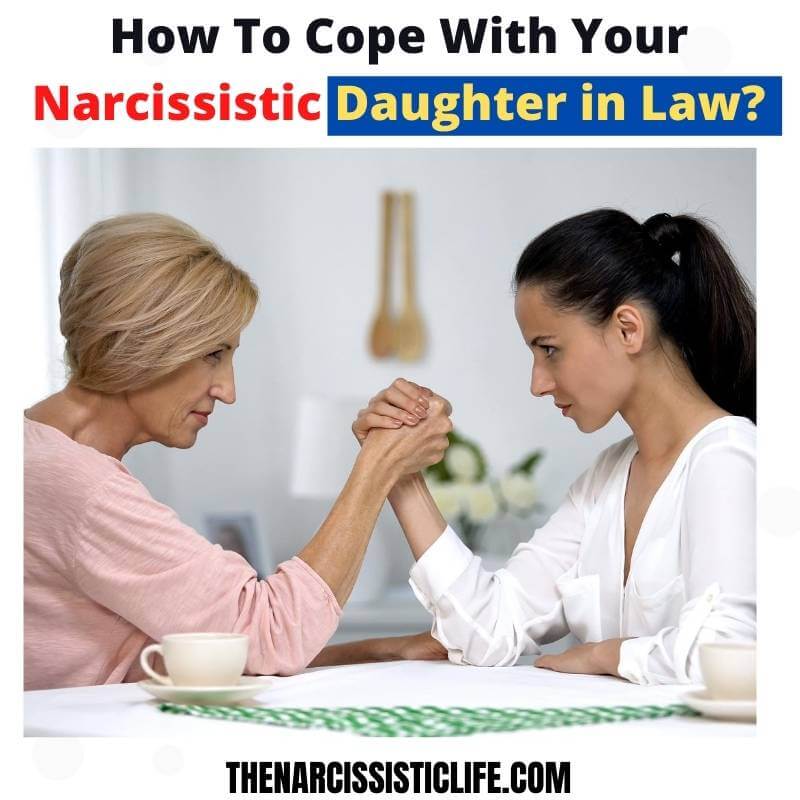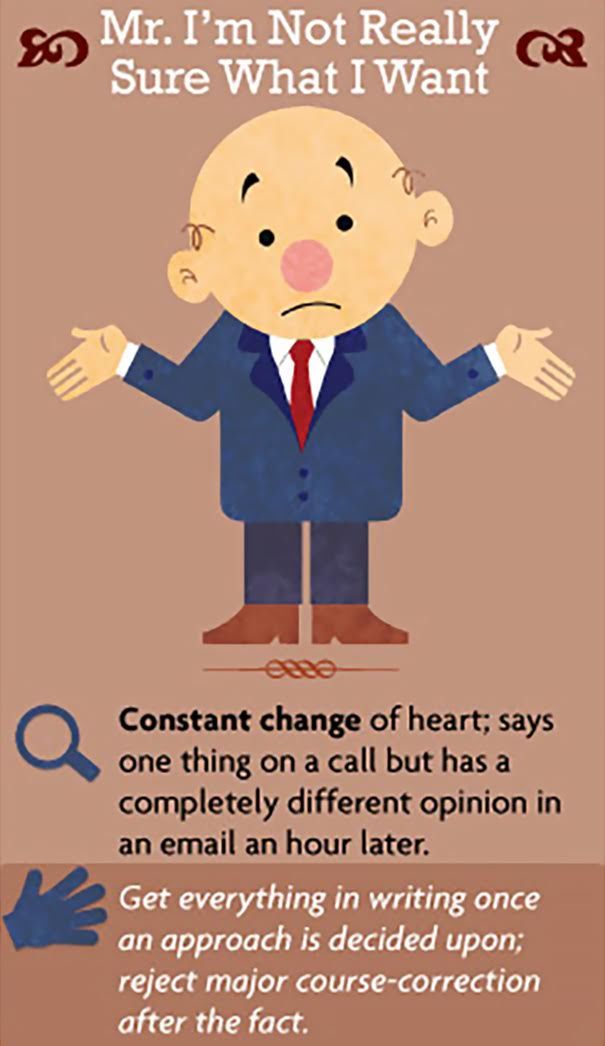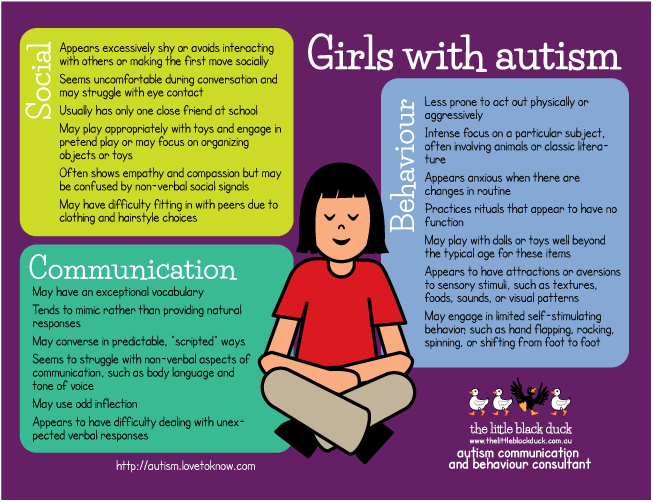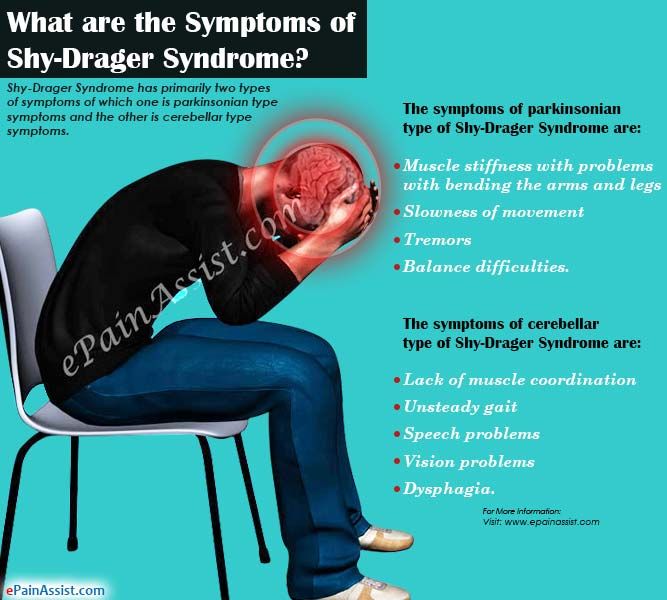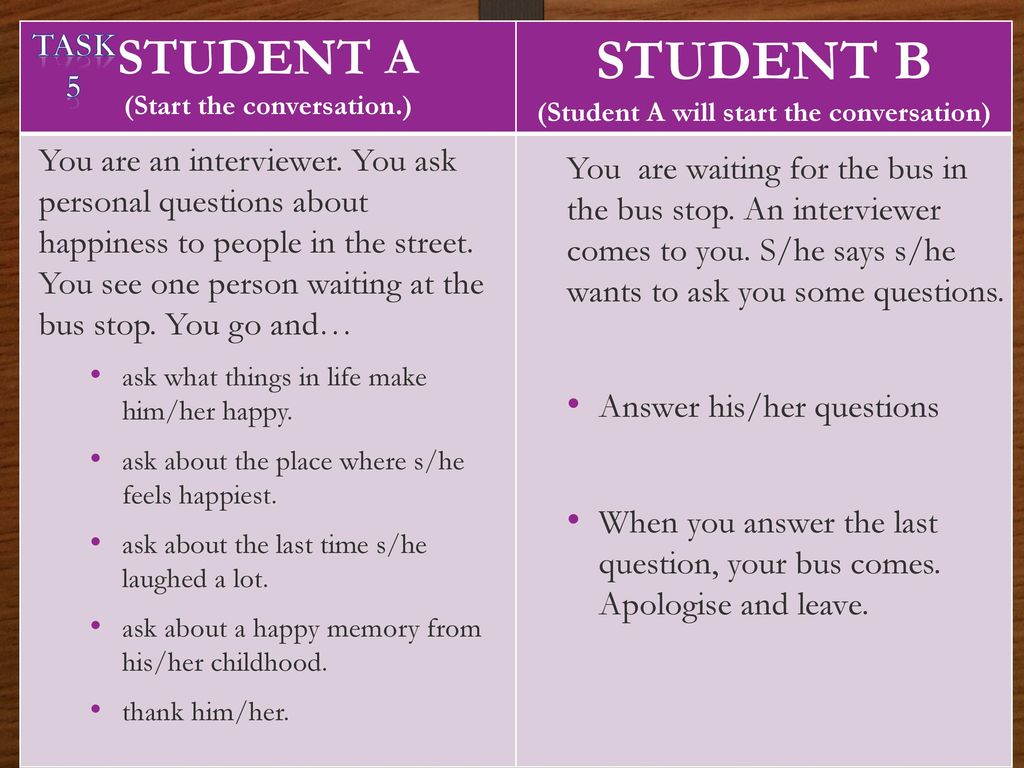Daughters of narcissistic mothers support group
daughters with narcissistic mothers - daughters of narcissistic mothers
Daughters With Narcissistic Mothers
We daughters with narcissistic mothers have a lot of issues which come from having lived this cruel crazy-making lifestyle.
I think that living with a Narcissistic Mother is possibly one of the most horrendous abuses of children, because – depending where on the Narcissistic Spectrum our mother is located – it can be so subtle that we don’t even realise we’re being abused.
As one Daughter with a Narcissistic Mother wrote so eloquently:
| As different as [all daughters with narcissistic mothers] are, as varied as our situations, ages, memories, degrees of suffering or desire to vent, the consequences of being raised by this kind of mentally ill mother are essentially universal. It is an abnegation of the soul, and I’d argue that the damage it does is more insidious than most other forms of child abuse. It is completely invisible to everyone, including the perpetrator (who literally cannot see what she is doing) and her victim (who knows only this). The harm it does is all pervasive; it is vicious, painfully unjust and mutilating. (Reprinted with permission; bolding/italics mine) |
I certainly didn’t know this abuse was going on. When my sister more or less left home when she was 15, all-but living with a neighbour, and officially left home never to be seen again at age 17, all I could think was, “What’s her problem?”
And it never occurred to me to wonder where my own depression, suicide attempt and constant suicide thoughts, and eating disorder, had come from.
We just internalise the stress, and think it’s us that’s wrong, and horrible, and maybe even crazy. This is assisted by the fact that our Narcissistic Mothers and Enabling Fathers tell us that we’re crazy! Maybe not in as many words (although often, yes, in as many words), but every time they gaslight us to tell us our memory and perceptions are mistaken, it’s effectively saying we’re crazy.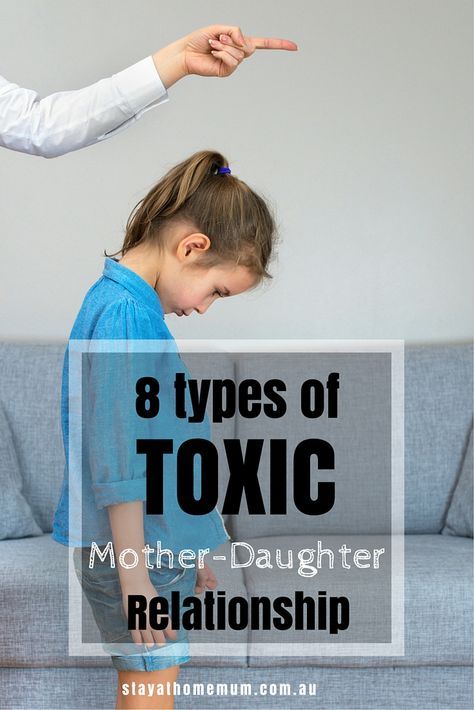
On my last conversation with my mother she told me patronisingly that I had a very good imagination – the inference being that I was totally imagining all of what I was saying.
We maybe still think our mother loves us because she tells us she does, and we don’t know any better to realise that normally love doesn’t manifest in such sly put-downs, such undermining, such neglect. And of course our culture tells us, loud and clear and over and over, that our mother loves us, and that we need to love her. And because of this, our friends just don’t – cannot – understand any of this, and that’s lonely too.
And we believe we love her because, well, that’s what daughters do. And as normal loving girls we crave to love.
The heritage of being a Daughter with a Narcissistic Mother just goes on and on – I’ve heard it described, bitterly, as the gift that keeps on giving.
We feel we cannot be our authentic true selves, even assuming we can figure out who that authentic self even is.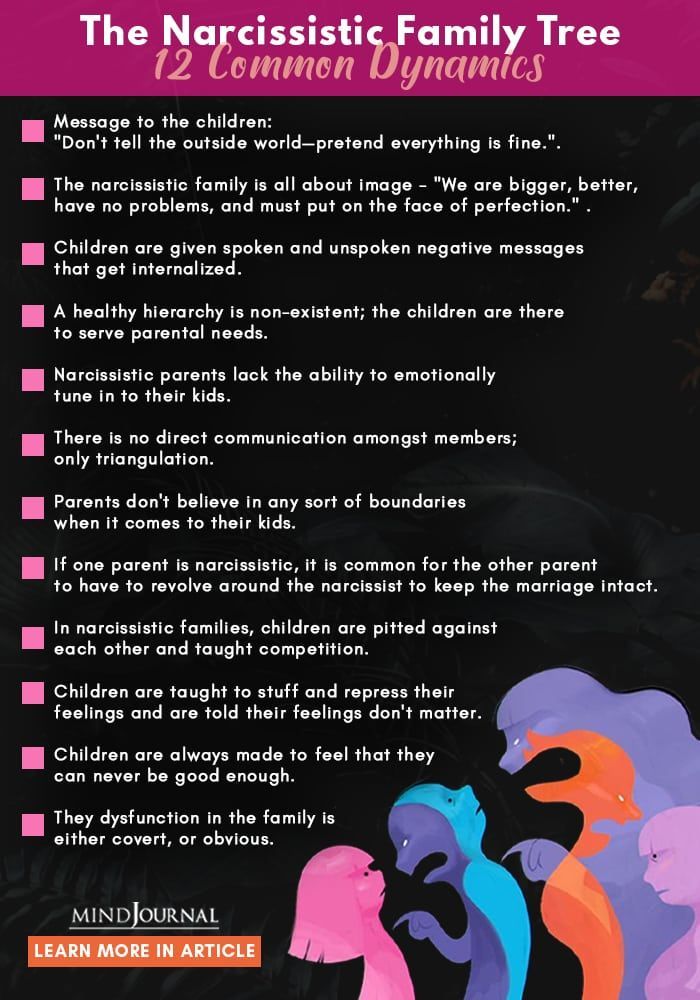
We suffer from low self-esteem, often to the level of self-loathing, and we struggle with self-care. We almost certainly cannot love ourselves, and all this is evidenced by our negative self-talk.
We may believe we have no right to exist, and almost certainly feel that we’re never good enough, that we’re not acceptable, that at some deep down level we’re inherently flawed.
We either are forever self-sabotaging, or burdened with impossible perfectionism.
Although there is often euphoria when we make this discovery about NPD, as we realise we’re not crazy, that can be quickly followed by anger, grief and bereavement, sadness, shame and guilt, and maybe even hatred.
We’re weary of our successes being dismissed as of absolutely no interest to them, or worse, even sneered at and undermined. And we’re equally fed up of our tragedies being used as drama-queen fodder.
We perhaps still always feel like a little girl, and we’re probably scared to own, or access, our own power – and that keeps us feeling powerless too. We’ve had years of being told we’re too sensitive, and possibly we are, now.
We’ve had years of being told we’re too sensitive, and possibly we are, now.
We have difficulty setting boundaries, whether that’s with our family or with others.
We may well be overly fearful of authority figures, or people being angry with us.
We worry about whether we ourselves are narcissistic.
We may have body issues – either being overweight, or terrified of gaining weight.
We may find ourselves still experiencing huge fear of her, no matter how old we are or how assertive in other parts of our lives.
We may find that we’re still trying – in vain, of course – to get her approval, or to get her attention.
We may want to severely limit our contact with her, but aren’t sure how she will respond to that – will it make it worse for us? Or, even more, we might want to cut off all contact– but be worried and confused about the impact of that.
We no doubt have difficulties in forming relationships, or maybe we’re attracted to unhealthy and abusive relationships. We have a constant fear of abandonment, and huge trust issues. We carry a constant feeling that the world isn’t safe.
We have a constant fear of abandonment, and huge trust issues. We carry a constant feeling that the world isn’t safe.
We also have massive issues around deserving. Deep down we may feel that we don’t deserve good things, or good relationships, or even that we don’t deserve to heal. We may also have beliefs around healing that healing means she gets away with it, for example, which block us, or the belief that being unhappy is a badge of proof that this happened.
A lot of Daughters with Narcissistic Mothers also have huge difficulty saying nice things about themselves, or celebrating their own successes.
We no doubt have limiting beliefs. They vary from woman to woman but could be things like: It’s not safe to be successful, or, I have to be quiet and not cause any trouble.
The thing about these beliefs is that often they’re so deep down that we don’t even know they’re there – but they’re running, and often ruining, our lives. EFT is terrific for a) identifying and b) erasing these false and limiting beliefs.
EFT is terrific for a) identifying and b) erasing these false and limiting beliefs.
We may feel the burden of keeping family secrets, and feel guilt and shame around those.
We are torn between cutting off all contact – but that’s such a big decision, with so many implications around her, and our wider family, and wider society too – and having to deal with her on a regular basis.
We doubt our own abilities to be mothers in our turn. It’s not surprising when we had no positive role-models. How do we even begin? Are we going to be the same kind of mother as she was?
And then, once we are mothers, we have to deal with our narcissistic mother as a grandmother. That brings a whole new heap of conflict and dilemma.
No wonder we wryly call NPD the gift that keeps on giving. But with the information and resources on this website, you can hand that gift right back and claim your own manifesto on being treated right.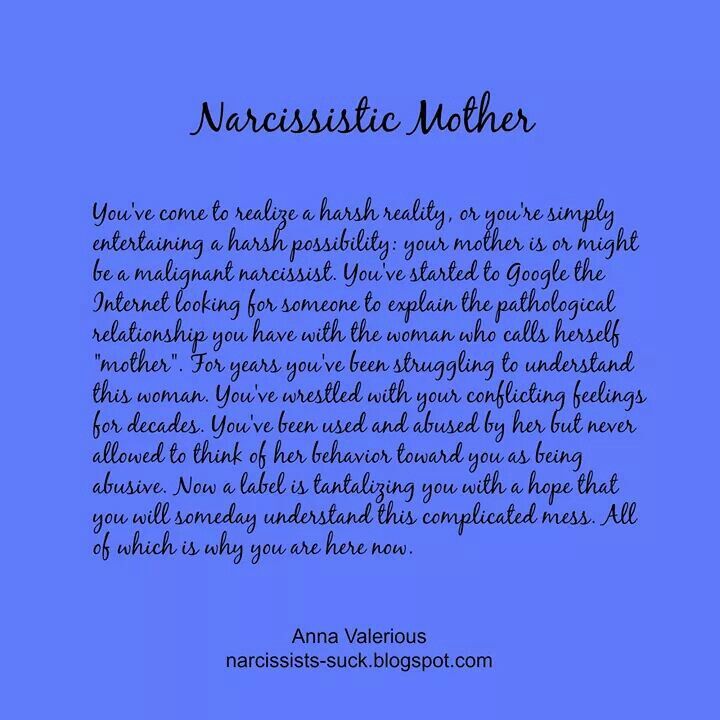
danu morrigan - daughters of narcissistic mothers
My name is Tracy Culleton and I go by the pen name Danu Morrigan for this work.
For years I used only the pen-name out of respect for my parents. I hold the truth of what I said, but I did not want to hurt them by hearing it said.
But the situation has changed now and I will not hurt them by speaking out, and I deserve to speak my truth. Also, my real name is in the public domain anyway, so there is no point in me not acknowledging that.
I have no qualifications as a therapist or psychologist or anything along those lines, and I claim none. What I am is a fellow daughter of a narcissistic mother who is trying to make sense of this whole crazy-making dynamic and who is sharing this. In my other life I am a fiction writer and teacher, and I bring my writing skills to this work, to try to explain this whole confusing dynamic.
This is what I originally wrote, hence it being in the present tense:
I believe that my mother is Narcissistic, and that my father is Enabling.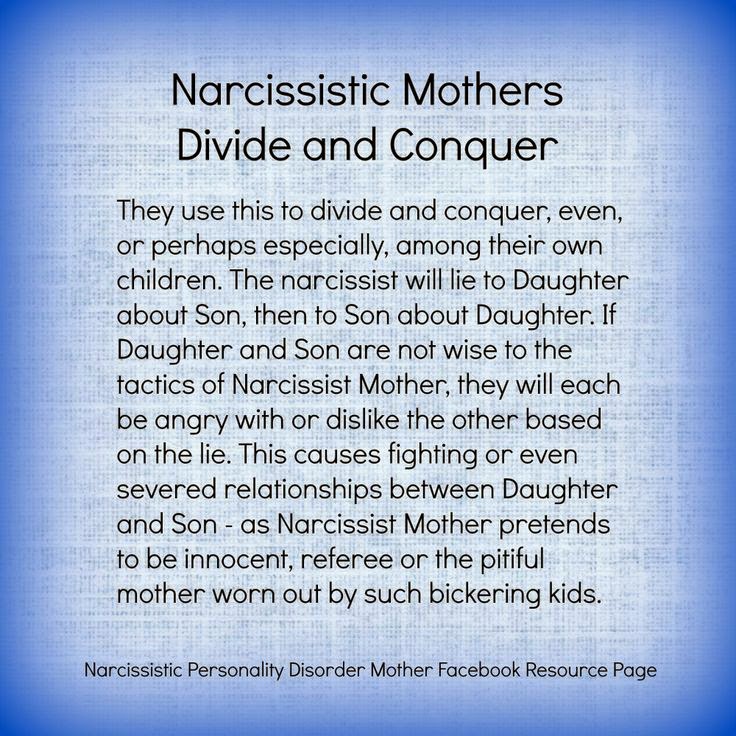
In fairness, though, there are many Narcissism Traits she does not have.
She does not seem to have fantasies of unlimited success. Her grandiosity, if it exists at all, is about her importance in her own sphere rather than any global grandiosity.
She is not rude to people such as waiters and shop staff – on the contrary, she is very polite and friendly to everybody. Perhaps over-so, in a way that doesn’t respect their professional boundaries, and she doesn’t realise when it makes them uncomfortable. But she certainly does not think herself better than them as narcissists often do.
She is also not vain – again, the contrary, she never really bothered about her appearance beyond proper hygiene.
But having said all that, she does share many traits.
Everything is always about her. She’s totally self-centred. She demands respect and obedience without earning them. She gives blatantly unsuitable presents. She talks non-stop about herself and her doings in endless detail and repetition.
She has no real interest in me or mine (or, I presume, anybody else) except in as much as that reflects well on her. She likes my successes, such as they are, so she can boast about them to others (and then get the kudos and attention) but never celebrates those successes authentically with me.
She has no real empathy for anybody’s problems and tragedies, but feeds off the drama of them. The excitement and effervescence of her when I miscarried my first baby, for example: she was incandescent with the joy of the drama of it.
She would deny all the above, of course. As she has denied them to my face when I have tried to say some of this to her, to try to sort things out. She denies them in a bullying and aggressive way. Or in a way which cast doubts on my sanity and grasp of reality.
And so, Narcissistic Personality Disorder is my totally unqualified best guess as to why things are as they are.
(I also think back to stories told about her half-sister on her father’s side, and her father, and I think they were narcissistic too, in retrospect.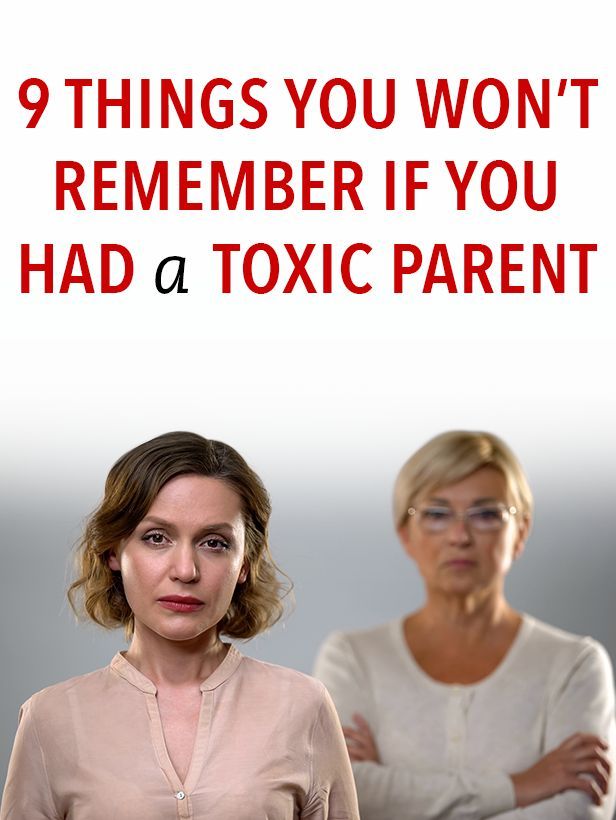 So I can see the pattern there.)
So I can see the pattern there.)
I went NC – i.e. No Contact – with both her and my Enabling Father in September 2008. It was far from my worst encounter with them, but it was a classic last-straw.
My only regret, and it’s a major one, is that I didn’t do it years ago. That I bought into society’s lies that you have to keep in touch with parents no matter how horrible they are to you.
As part of looking to heal myself (at that time I thought I was broken and in need of fixing as they told me, not wounded and in need of healing as all we DONMs are), I came across EFT (Emotional Freedom Technique, also known as Tapping.) This has changed my life, and continues to do so, and I share it here in the hope that it can do the same for you.
As said above: I need to stress that I have no qualifications in psychology or similar, that I’m no guru, that I don’t hold myself up as an expert. I’m simply a fellow daughter of narcissistic mother who’s trying to find her way through it all and is sharing what I’ve found along the way. I have learned a reasonable amount through reading and corresponding with , so I do have some insights, but they’re only that: insights, not dogma. Please take what you find useful and leave the rest.
I have learned a reasonable amount through reading and corresponding with , so I do have some insights, but they’re only that: insights, not dogma. Please take what you find useful and leave the rest.
Adult children of a narcissistic mother
Adult children of a narcissistic mother
How does a narcissistic mother build relationships with her adult children? What do children feel? What are the problems and what is the solution?
A narcissist mother always wants her adult children to visit her, help her, give her money, because she spent so much on them. Children do not want to meet her, and if they do, it is out of a sense of duty. When the children do not visit her, do not come, do not write, then she begins to shame, shame, blame and try to hold accountable: “After all, I brought you up and raised you, now it is your duty to take care of me.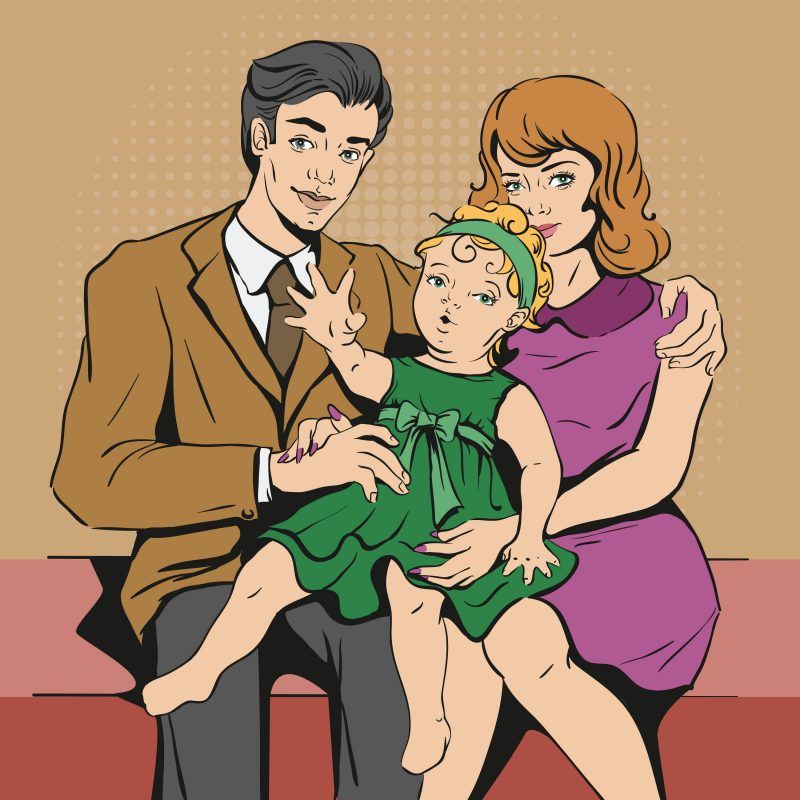 ” If this does not help, she begins to put pressure on pity: "I'm so poor, unhappy, everything hurts me (I'm terminally ill), everyone left me." She may not say it, but the children will feel it. The brain of children is so damaged that they will visit, come, call and try to please her for the rest of their lives, while their own lives - dreams, plans, tasks - are gradually being destroyed. Some children cannot get married or get married because the mother demands a lot of attention and influences their choice in love. She generally dislikes potential romantic partners. nine0005
” If this does not help, she begins to put pressure on pity: "I'm so poor, unhappy, everything hurts me (I'm terminally ill), everyone left me." She may not say it, but the children will feel it. The brain of children is so damaged that they will visit, come, call and try to please her for the rest of their lives, while their own lives - dreams, plans, tasks - are gradually being destroyed. Some children cannot get married or get married because the mother demands a lot of attention and influences their choice in love. She generally dislikes potential romantic partners. nine0005
A narcissistic mother is a bottomless hole into which her children's energy goes, sometimes for the rest of their lives. Adult children suffer from chronic diseases of the gastrointestinal tract, respiratory, musculoskeletal, etc. They are prone to depression, fear, anxiety, panic attacks. They are prone to injury: they accidentally injure themselves, cut their fingers, burn their arms and legs, get into accidents. This is such an unconscious mechanism that helps reduce guilt, this is unconscious self-punishment. One of my clients said that while returning from her mother by car, she had an accident. During the meeting, her mother loaded her with a huge sense of guilt. The woman was so upset and inattentive on the road that she had an accident. nine0005
This is such an unconscious mechanism that helps reduce guilt, this is unconscious self-punishment. One of my clients said that while returning from her mother by car, she had an accident. During the meeting, her mother loaded her with a huge sense of guilt. The woman was so upset and inattentive on the road that she had an accident. nine0005
Another client has been waiting all his life for his mother to appreciate him for everything he has done for her. After a big quarrel and grandiose accusations, they stopped talking and did not see each other for about 20 years. The man spent many hours and money in therapy to restore self-esteem and heal childhood trauma. When he felt that he was returning to life, his mother wrote him a pitiful letter, where she said that she was sick and would probably die soon, that she understood all the mistakes in his upbringing and wanted to see him before her death. He thought she had changed and came to see his mother. This visit annulled all the results of therapy - the man arrived completely crushed and exhausted.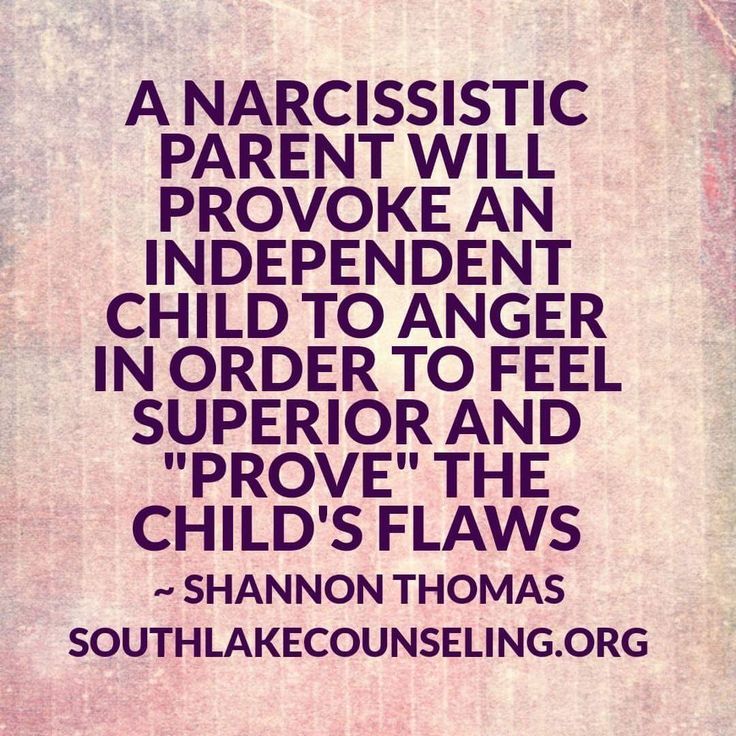 After the first day of honey speeches, his mother again began to accuse and reproach him for all those years that he did not show himself. She certainly didn't want to die. nine0005
After the first day of honey speeches, his mother again began to accuse and reproach him for all those years that he did not show himself. She certainly didn't want to die. nine0005
A narcissistic mother often has one "favorite" child and the other "scapegoat". She pits children against each other to fight for her love. An inheritance can sign for one child—thus, even from the other world enjoys the struggle of children for her love.
Children of narcissistic parents wait years for their parents to change, love them, say something good. One of my 60-year-old clients has been waiting for this all her life. When her mother fell ill with Alzheimer's, she realized that this would never happen again, and only now began the path to herself, to understanding narcissism and its consequences. nine0005
Remember: narcissists don't change with age, they only get worse, don't expect anything from a mother. Don't expect her to love or appreciate you, start building your identity, your self-esteem, your understanding of yourself.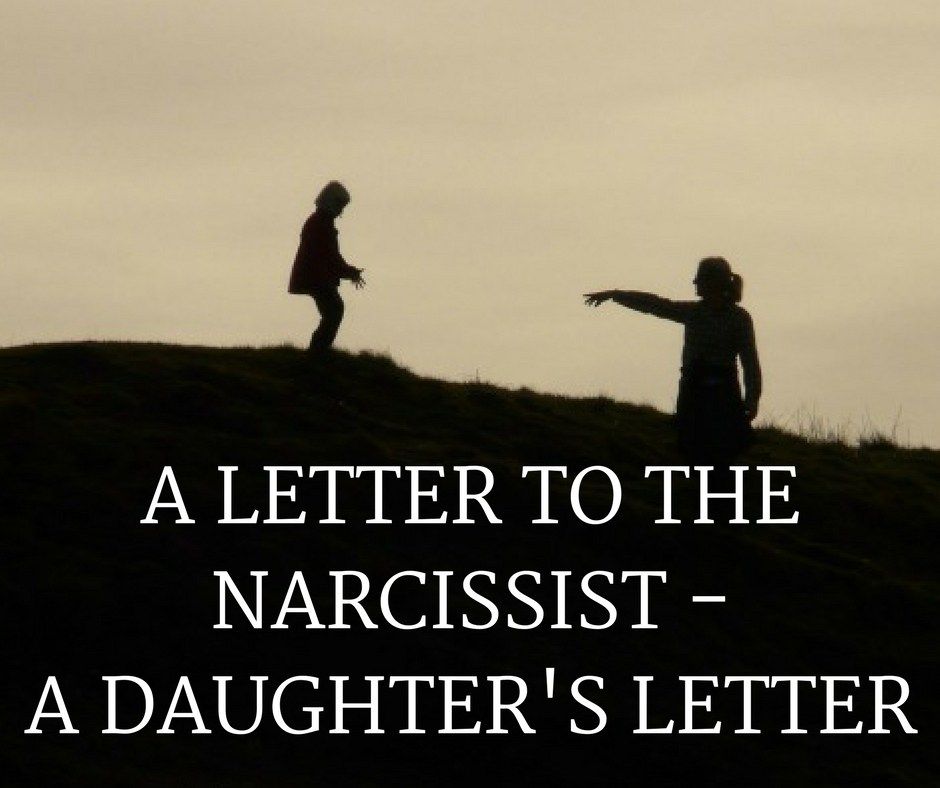 Go to a psychologist, take psychological tests, find yourself. Understand what you like, what you don't like, what you want to do in life, what abilities you have.
Go to a psychologist, take psychological tests, find yourself. Understand what you like, what you don't like, what you want to do in life, what abilities you have.
Reduce contact with the narcissistic mother as much as possible, do not open up, do not talk about your dreams and plans, stay on a formal level of communication so that she does not hurt you and does not demotivate you. Don't get caught up in pity. The task of the mother (perhaps unconsciously) is to destroy your life in order to feel better herself. Realize who you are dealing with, understand that she has used you all your life, drained your energy in your best years - and continues to use you. She has done you a lot of damage. This is not your fault. Don't try to get her approval, don't try to earn her love. Best of all, do not contact at all, love her at a distance, then she will most likely find herself a new victim and stop pumping energy from you. nine0005
The fact that she raised you does not mean that you owe her for life, that you have to pay.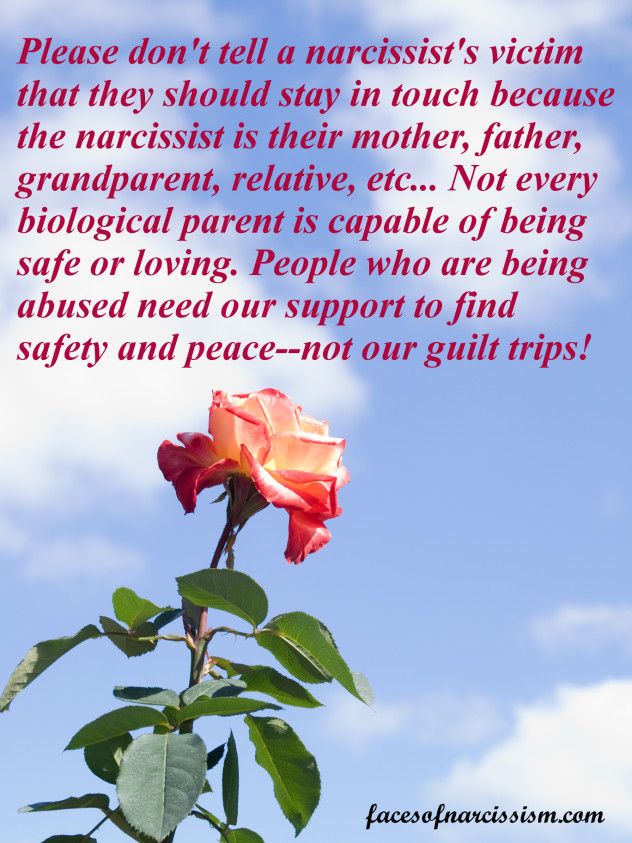 You paid her with your energy and unhappy childhood. You don't have to dedicate your whole life to your mother, giving up your life. You have your own tasks and goals, your life is of much greater value than the approval of your mother. The fact that she is your mother is not an indulgence for her abuse of you and is not your lifetime obligation.
You paid her with your energy and unhappy childhood. You don't have to dedicate your whole life to your mother, giving up your life. You have your own tasks and goals, your life is of much greater value than the approval of your mother. The fact that she is your mother is not an indulgence for her abuse of you and is not your lifetime obligation.
You came into this world with complete trust in your loved ones, with a thirst for love and an open heart. The narcissistic mother has killed your trust, your love, trampled on your self-esteem and closed your heart. Forgive her and let go, thank for life, you can even love, but stay away from her, without guilt and unrequited debt. nine0005
With a normal mother, you don't feel any guilt or sense of indebtedness for giving birth, feeding and raising you. If you do something for her, then it is out of a feeling of sincere gratitude and love. You feel accepted, loved and valued. A normal mother is your support and support. She supports you when you feel bad and when you need it.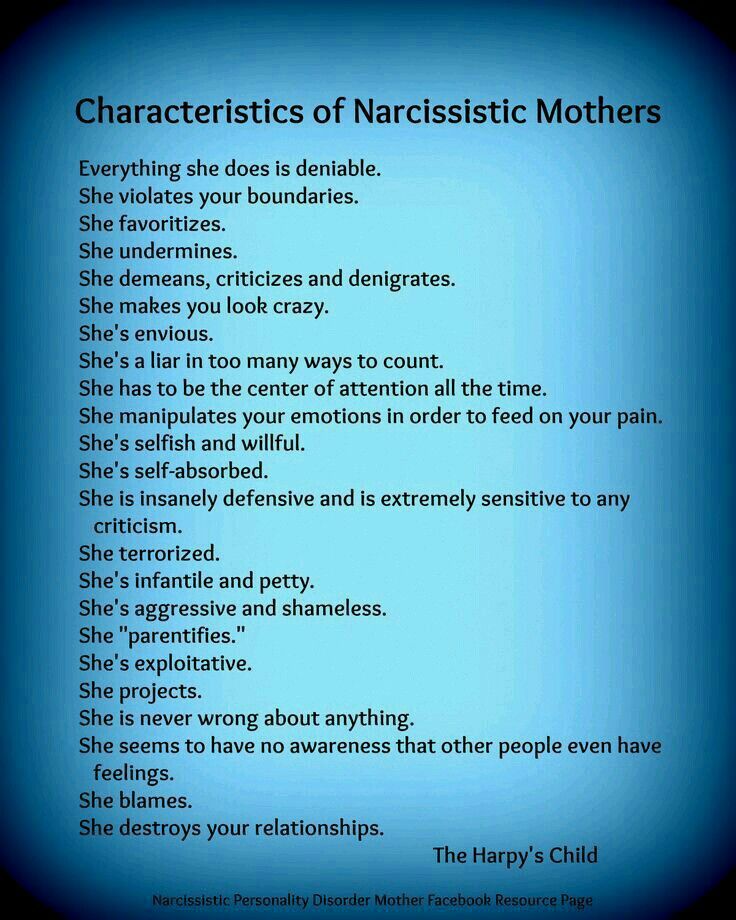 She does not interfere in your life under the pretext of helping, she does not point out, she does not criticize, she does not take out your brain. She does not envy your success and does not compete in beauty. She gives advice only when asked, makes your decisions, rejoices in your successes and takes pride in your beauty. nine0005
She does not interfere in your life under the pretext of helping, she does not point out, she does not criticize, she does not take out your brain. She does not envy your success and does not compete in beauty. She gives advice only when asked, makes your decisions, rejoices in your successes and takes pride in your beauty. nine0005
Don't let a narcissistic mother ruin your life. Be happy and be aware.
Tatyana Dyachenko
P.S. Write comments, questions, your stories, put likes on YouTube, connect to the YouTube channel "Crisis as a gift", subscribe to the free newsletter http://crisis-psyholog.ru/
how they ruin the lives of their daughters
When reading books about the relationship between mothers and daughters, Dr. Caryl McBride cried every time. She could not understand why she could not remember the feelings of affection and love in her childhood, and she really wanted to find an explanation for this. Thus was born the book Good Enough, in which McBride, based on real stories, explores (for the first time!) the problem of maternal narcissism and its impact on the lives of daughters. nine0005
nine0005
“Both boys and girls suffer from the disruption of emotional bonds when one of the parents is a narcissist. However, the mother also serves as a role model for the growing daughter,” says Caryl McBride.
The narcissist mother pushes her daughter to respond to the world around her in the way she herself does, and not in the way that suits the child. The girl constantly tries to guess the reaction of her mother and adapts to her in order to earn approval and love. Of course, she does not understand that such behavior serves only the interests of the mother. nine0005
“Unconditional acceptance of a child as a unique individual is a necessary condition for a girl to grow into a confident woman. If you had a narcissistic mother, you were deprived of that,” McBride writes. The concept of love in daughters of narcissistic mothers is distorted. In childhood, they try to earn the approval of their mother. Their definition of love is to please another without expecting anything in return.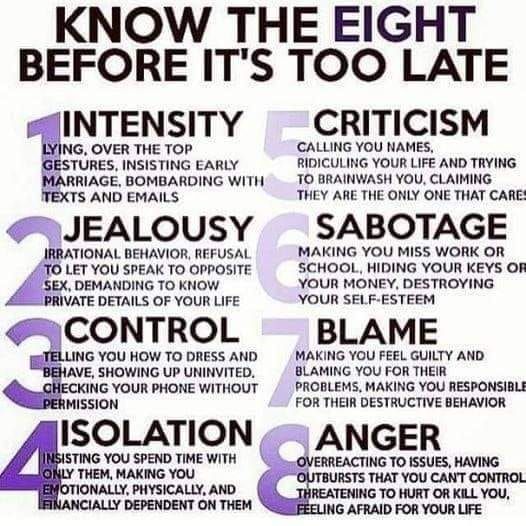 This negatively affects the girls' future romantic relationships.
This negatively affects the girls' future romantic relationships.
Moreover, the patterns and narcissistic traits learned in childhood, grown-up girls, becoming mothers, can be transferred to their daughters and reward the next generation of women of their kind with narcissistic traits. nine0005
9 features of narcissistic mothers
In everyday life, arrogant people who are obsessed with themselves and their desires are called narcissists. In psychology, narcissism is a spectrum disorder that can manifest itself in many ways, from a few character traits to a full blown narcissistic personality disorder. According to the American Psychiatric Association, approximately one and a half million women in the United States suffer from narcissistic personality disorder.
The Diagnostic and Statistical Handbook of Mental Disorders identifies nine characteristics of narcissistic personalities. nine0005
1. Have an inflated sense of self-importance , may exaggerate their achievements and talents, or expect to be recognized as superior in any situation.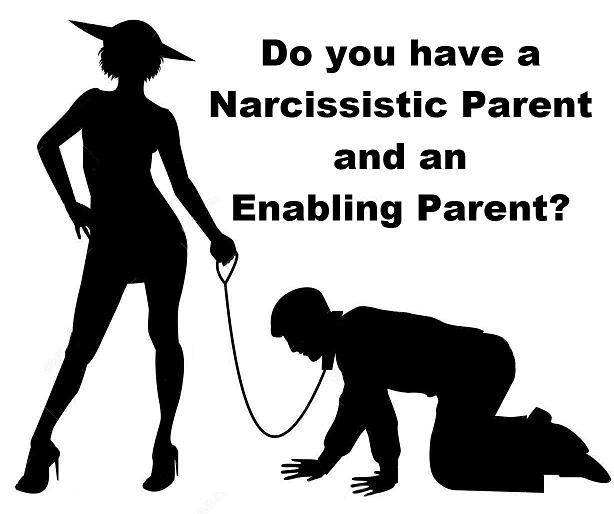 For example, a mother speaks only about herself, does not ask her daughter questions, is not going to listen to her, but only shares her news and feelings.
For example, a mother speaks only about herself, does not ask her daughter questions, is not going to listen to her, but only shares her news and feelings.
2. Constantly fantasize about limitless success, power, incredible achievement, beauty, or ideal love. For example, a mother earns money by cleaning houses and is sure that her famous clients will help her become famous herself. nine0005
3. They believe that they are special and unique , so they can only be understood by people who are just as special or have a high status. The rest are despised. For example, a mother takes the family to a restaurant and treats the waiters like servants.
4. They crave excessive admiration. Example: A mother demands to be thanked, praised and complimented for everything she has ever done for you.
5. They think that everyone owes them. These are unrealistic expectations that other people will treat them especially well or automatically meet their expectations.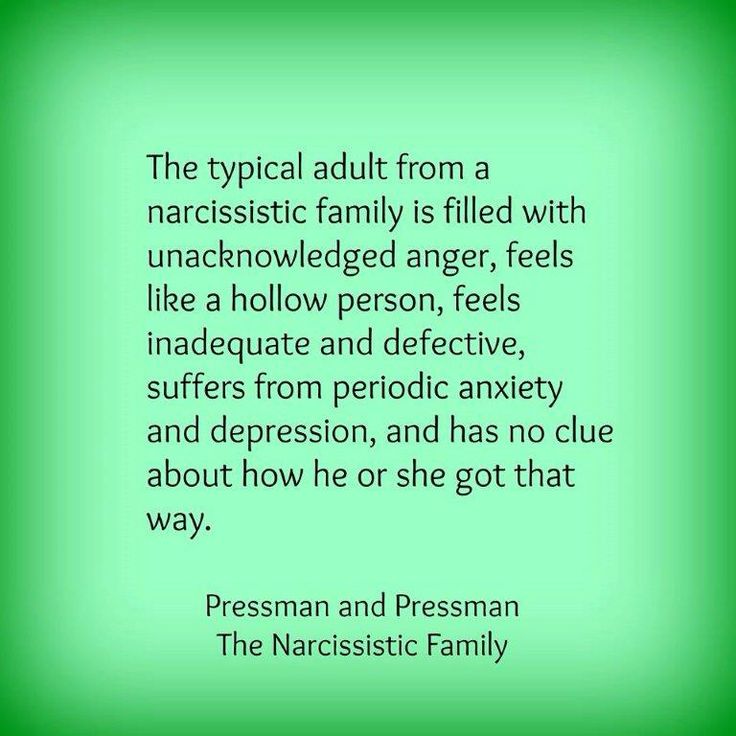 For example, a mother is sure that she is too important a person to stand in line. nine0005
For example, a mother is sure that she is too important a person to stand in line. nine0005
6. They exploit others , that is, they use others to achieve their own goals. For example, a mother is friends only with those who can be useful to her.
7. Demonstrate a lack of empathy : unwilling to notice other people's needs or cherish their feelings. For example, a mother constantly points out her daughter's "mistakes", criticizes and humiliates her.
8. Often envious of others or feel that they are the object of envy of others. For example, a mother claims that she has no girlfriends because women envy her. nine0005
9. Demonstrate arrogance, arrogance and attitude. For example, a mother believes that her children are too good and should not play with peers from less wealthy families.
The degree of narcissism can vary. McBride emphasizes that even if your mother doesn't have all nine traits of people with severe narcissistic personality disorder, her narcissism still hurt you. If so, then three destructive mindsets have haunted you throughout your life:
If so, then three destructive mindsets have haunted you throughout your life:
- Something is wrong with me.
- My value is in what I do, not in who I am.
- It's impossible to love me.
10 relationship problems with narcissistic mothers
In her research on maternal narcissism, McBride identified ten common relationship problems between mothers with narcissistic traits and daughters. It doesn't matter if you have experienced all the features in your life or only some of them. This only indicates how clearly narcissism is expressed in the behavior of your mother. nine0005
1. You notice that you are constantly trying to win your mother's love, attention, and approval, but fail to please her. Narcissistic mothers are critical and do not accept their daughters as they are.
2. The mother emphasizes that it is more important to her how something looks, and not how you feel about it. Your emotions don't matter to her. She consoles you not with hugs, but with buying new clothes.
She consoles you not with hugs, but with buying new clothes.
3. Your mother is jealous of you: because of your appearance, material well-being, achievements, education, and even because of your relationship with your father. nine0005
4. Narcissistic mothers control the interests and activities of their children and do not support their daughters in what they really want.
5. Everything in the family always revolves around the mother. Narcissists are intolerant of rejection and want everyone to obey their wishes.
6. The mother is unable to show empathy. The feelings of a daughter growing up next to her are not taken seriously, and she does not feel her own importance. Regardless of age, such daughters may withdraw, stop talking about themselves, or even notice their feelings. nine0005
7. The mother cannot cope with her own emotions. She "stiffens" or "disappears" when it comes to feelings. She does not allow herself or her daughter to express what is in her soul - their relationship is doomed to remain superficial, there is no deep connection in them.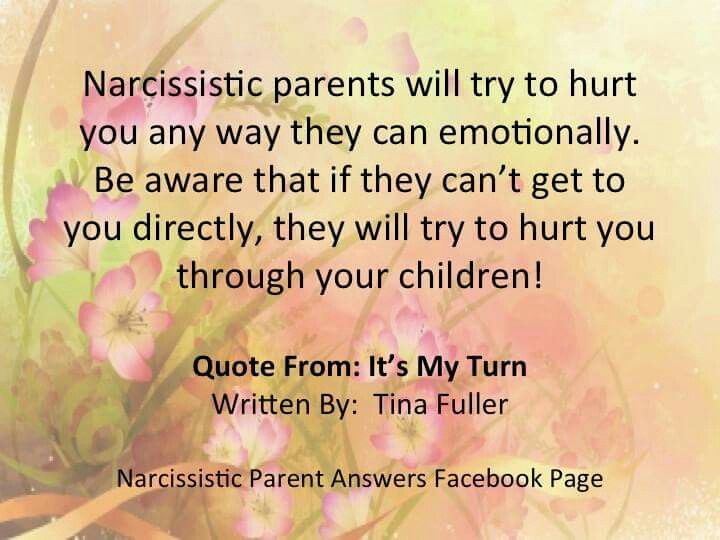
8. Mother often criticizes and condemns. She does it because she doesn't like herself. In this way, she raises her daughters to be extremely sensitive to other people's opinions and makes them constantly feel like they are not good enough. nine0005
9. Your mother treats you like a friend, not like a daughter. In a healthy relationship, the mother plays the role of an adult and takes care of the child. Mothers with narcissistic traits did not receive proper care from their parents in childhood, therefore, emotionally, they resemble children who constantly need support.
They often involve their little daughters in the adult world, for example by sharing difficulties with their husband. In this case, the daughter begins to feel loneliness and danger - she does not have a parent to rely on. She feels guilty about not being able to solve her mother's problems and internalizes the "I'm not good enough" mentality. nine0005
10. There are no personal boundaries in your communication with your mother.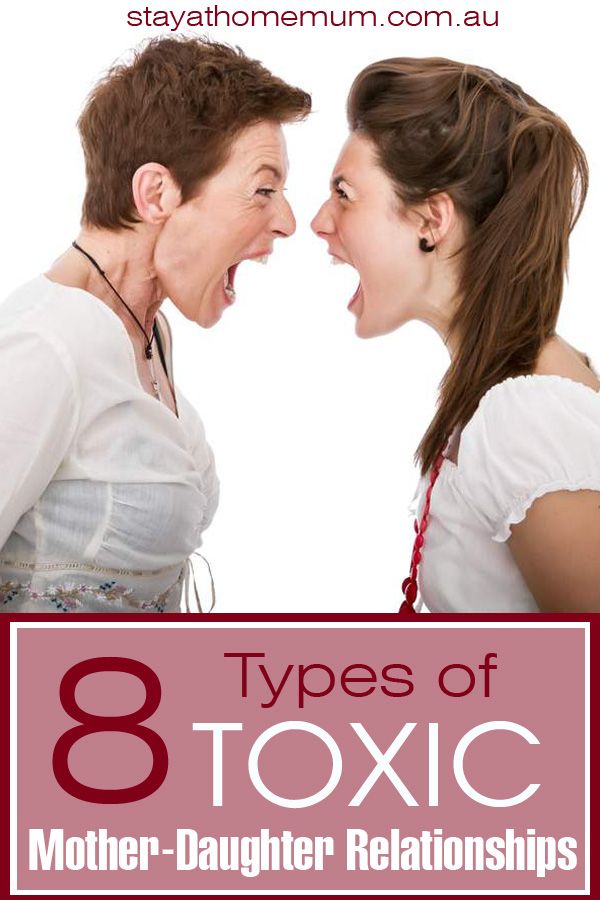 Emotional separation is an essential part of psychological growth, but the narcissistic mother does not allow her daughter to become a separate person. In family life, she has no boundaries, there is nothing personal. For a narcissistic mother, a child is an extension of herself: she can talk to her daughter on the most inappropriate topics, she has the right to interfere in everything and share information with anyone.
Emotional separation is an essential part of psychological growth, but the narcissistic mother does not allow her daughter to become a separate person. In family life, she has no boundaries, there is nothing personal. For a narcissistic mother, a child is an extension of herself: she can talk to her daughter on the most inappropriate topics, she has the right to interfere in everything and share information with anyone.
How narcissism manifests itself: an absorbing and ignoring mother
A mother can only pass on knowledge, confidence and self-love to her daughter if she herself has these skills. Moreover, for this to be successful, a woman must build a deep and balanced relationship with her daughter.
Narcissism is the opposite of balance. In the families of narcissistic mothers, everything is taken to the extreme. “Staying true to intergenerational twisted love, most narcissistic mothers place either too much emphasis on raising their daughters (absorbing mother) or very little (ignoring mother),” McBride writes. nine0005
nine0005
The absorbing mother dominates her daughter with care, dominates every aspect of her life and keeps them under control
She makes all decisions for her daughter and tells her what to wear, how to behave, what to say, think and feel correctly.
Such mothers often seem wonderful. They are involved in the life of their daughters, doing something for them, for them and together with them, so others perceive them as interested parents. Alas, the consequences of such behavior are sad. As a result, daughters have low self-esteem, they often feel their own worthlessness. nine0005
An ignoring mother, on the contrary, does not pay enough attention to her child. She does not take or deny the feelings of children seriously. Excluding especially difficult cases, such parents provide the child financially: their own room, food, clothes, but they refuse their daughters upbringing, emotional support and empathy. Therefore, they feel invisible and begin to think that as individuals they do not matter.
McBride emphasizes that the two styles described are not mutually exclusive. The narcissistic mother can switch from absorbing to ignoring and back again. In addition, she can choose the type of behavior in relation to her daughters: with one daughter, she can be an absorbing mother, and with another, an ignoring one. nine0005
Perfectionism and Sabotage: How Children React to Mother's Narcissism
When two daughters are raised by the same narcissistic mother, they often take on very different roles. Both girls think they are loved for what they do, but behave differently. One sister, as it were, says to the narcissistic mother: “OK, I will show you what I am capable of and what I am worthy of.” She becomes a perfectionist who constantly strives to achieve more. Another sister, having adopted the same attitude, begins to believe that everything is meaningless and she will not achieve anything anyway. She goes into passivity and self-sabotage. nine0005
Growing up, successful daughters seem like superheroes, but their accomplishments and high performance do not bring satisfaction or inner comfort.
They constantly struggle with the feeling of their own inadequacy and never notice how much has already been done. They are constantly looking for what else they can do to prove their worth, and often work themselves up to burnout and chronic fatigue syndrome. There are no problems if you are successful, doing what you love, while praising yourself and taking care of yourself. nine0005
Alas, many super-successful daughters, suffering from workaholism, cannot slow down, which leads them to health problems. Here's proof that I can't be who you want me to be!" They give up easily, try to numb the pain with addictions, are unable to break free from self-destructive habits, and refuse to realize their potential.
As they get older, such daughters start looking for a replacement mother, someone who can take care of them. They are smart, talented and capable of many things, but they do not believe in themselves. So they find alternative unhealthy ways to get other people to take care of themselves: huddling in the basement of an aunt's house, ending up in jail, or living on welfare or unemployment benefits. nine0005
nine0005
How to overcome childhood trauma
The third part of his book McBride devotes entirely to the process of recovery. She provides many exercises that can help you accept and live through traumatic experiences, and also recommends contacting a psychotherapist. The specific steps to recovery for daughters of narcissistic mothers are as follows:
- Embrace the limitations and feel the grief of not having the mother you dreamed of. nine0109
- Separate psychologically from the mother and reformulate the negative beliefs received from her into positive ones.
- Accept your own feelings, desires and personality.
- Learn to communicate with your mother in a new, more environmentally friendly way.
- Learn to recognize your own narcissistic traits and decide not to pass on this emotional legacy to your children.
- Teach yourself to grieve.
In her twenty-eight years as a psychotherapist, McBride has noticed that most people try to skip the last step.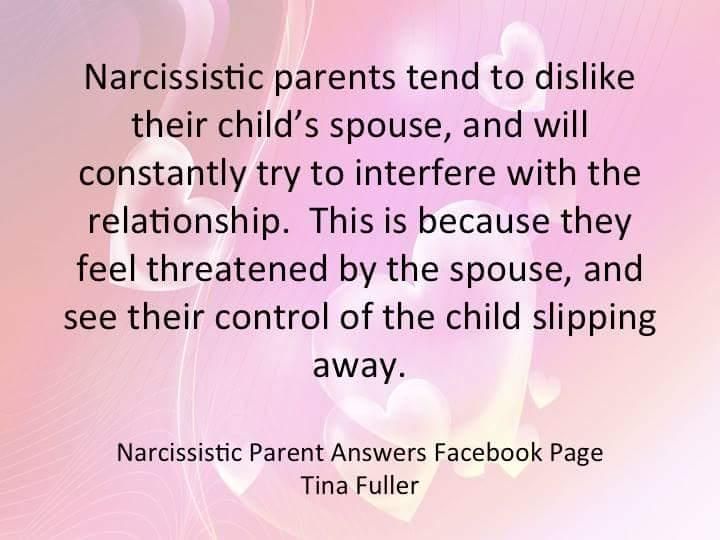 This is quite expected, because breaking through denial and feeling pain is incredibly difficult. Meanwhile, mourning is the most important step that plays a decisive role in the process of change. nine0005
This is quite expected, because breaking through denial and feeling pain is incredibly difficult. Meanwhile, mourning is the most important step that plays a decisive role in the process of change. nine0005
It starts with one decision: you allow your feelings to be. This needs to be learned, especially if you have been told all your life to shut up, not to grunt or not feel anything, to lie and pretend that everything is in order when in fact it is not.
You can try to rationalize the pain by thinking, "I shouldn't feel like this" or "It wasn't all that bad." It won't help. Whatever emotions you experience, it is important to let them be. Sometimes this will require being alone in silence. It is important to live without being distracted and without becoming dependent on work or any other that drowns out emotions. nine0005
Take time to be alone and grieve. Do this several times until you begin to feel relieved.
Let the emotions leave the body at their own speed.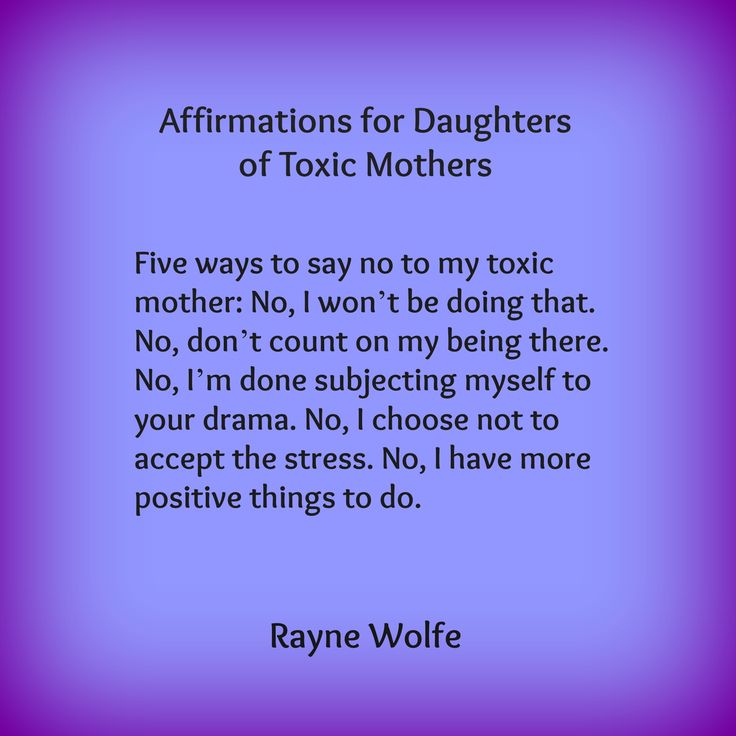 To do this, you can stay at home alone, take long walks, run, go to the mountains, drive or sit in a coffee shop. Find what is comfortable for you.
To do this, you can stay at home alone, take long walks, run, go to the mountains, drive or sit in a coffee shop. Find what is comfortable for you.
During the mourning process, you will go through five stages: acceptance, denial, bargaining, anger, depression. It is important to go through them all and finally accept the fact that your mother is really narcissistic and did not give you the love that you wanted and needed. Only then can you truly live the grief. nine0005
For effective mourning, McBride recommends:
- Keep a diary. It symbolizes a serious attitude towards recovery. Writing down feelings is another way to let them go. Keeping a diary provides an opportunity to free yourself from trauma.
- Do not listen to other people's opinions while you are in this process. With the best of intentions, friends and relatives will say something like: “Yes, forget about it already”, “You cannot change the past, stop trying” and “Stop thinking about the past, live here and now.
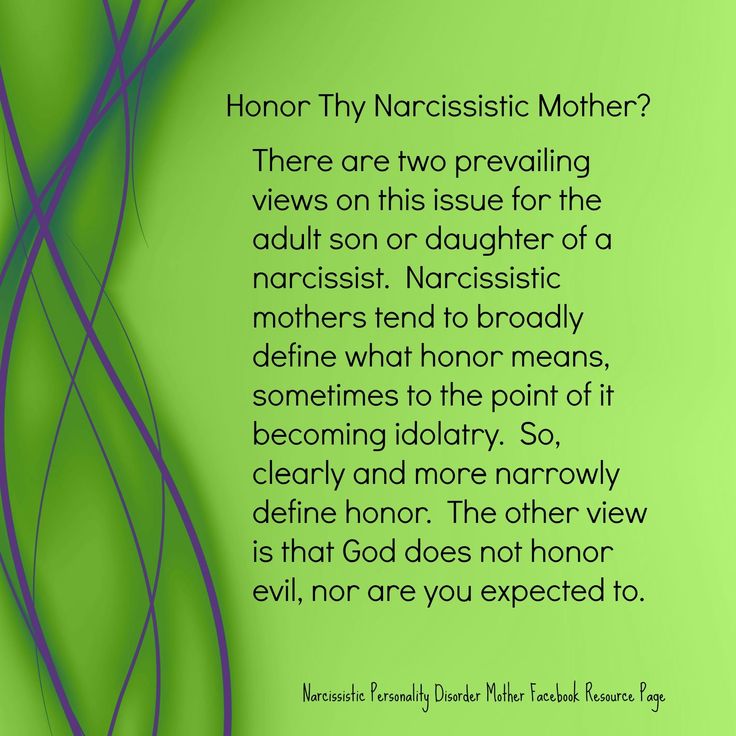 ” They don't understand that if you don't face your sadness, it will stay with you forever. nine0109
” They don't understand that if you don't face your sadness, it will stay with you forever. nine0109 - Let the guilt be. Guilt will inevitably come. McBride notes that in almost every clinical session and every interview, the daughters of narcissistic mothers admitted that they were uncomfortable because they talked about their mothers in a negative way. This is a cultural taboo that will have to be overcome in order to heal from trauma.
- Grieving for the little girl you failed to become because of the need to take care of your mother early, and sometimes the whole family. nine0109
How to communicate with your mother in recovery
At this stage of healing, it is important to explore ways to manage your relationships and maintain the ability to behave in a healthy way. You have changed, but your mother has not.
McBride argues that in full blown narcissistic personality disorder there is little chance of effective treatment or change. The desire to change is important here, and narcissistic clients, when contacting a therapist, try to quickly find answers to questions about how to interact with other people.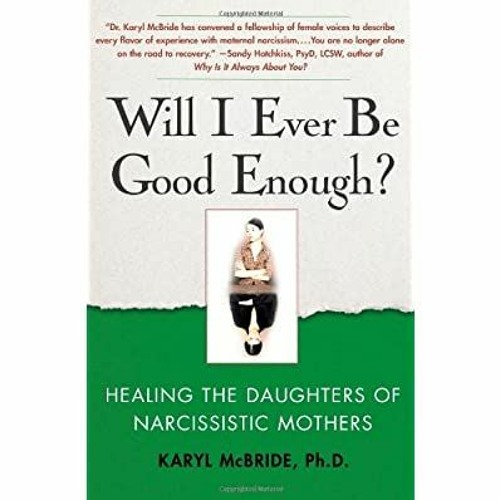 They do not assume that the problem may be in themselves, and quickly leave, believing that something is wrong with their therapist. nine0005
They do not assume that the problem may be in themselves, and quickly leave, believing that something is wrong with their therapist. nine0005
A narcissistic mother can be too toxic, so it's important for a daughter to make the decision to break contact with her mother during her recovery. If the mother is unable to change and you are constantly attacked and insulted by her, it is important to understand that cutting off contact with her is the healthier solution.
Due to the rarer communication, your contact will become polite. It is important not to expect anything from the mother, then you will experience less disappointment. McBride elaborates that this schema works best after you complete the healing process by accepting your mother's limitations and truly separating from her. nine0005
How to forgive your mother and is it necessary?
You do not have to wait for your mother's approval by moving away from her during therapy. If she does not leave you alone, you will have to learn to set personal boundaries.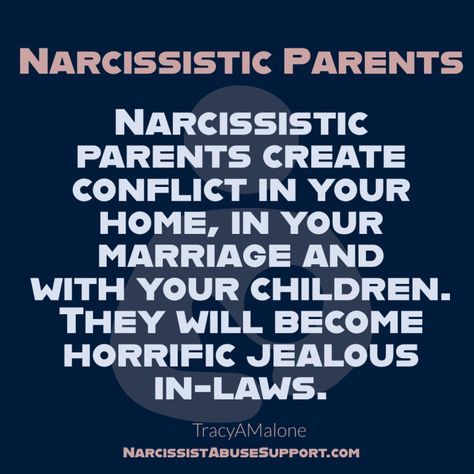 “Be clear about what you will and will not do,” McBride writes.
“Be clear about what you will and will not do,” McBride writes.
Many people are afraid to declare their boundaries because they worry about the feelings of others. Daughters are also often afraid to install them because mothers might get angry. This fear is very real, as narcissists often cut people out of their lives. nine0005
It is important to understand that the mother has already left you emotionally, there is little she can do to harm you on a similar scale. come to you for dinner on Sundays. I need to be alone and I won't call you. When I'm done, I'll let you know. You don't need to call me for a while unless absolutely necessary. I'm not angry, and all this has nothing to do with you. It's just what I need right now." The mother may ask if everything is all right with you, and you can emphasize that everything is fine with you and you are not angry with her. nine0005
It happens that the mother continues to call, come to your house, manipulate. “Your task is to keep the boundaries and not react after you have informed her about it.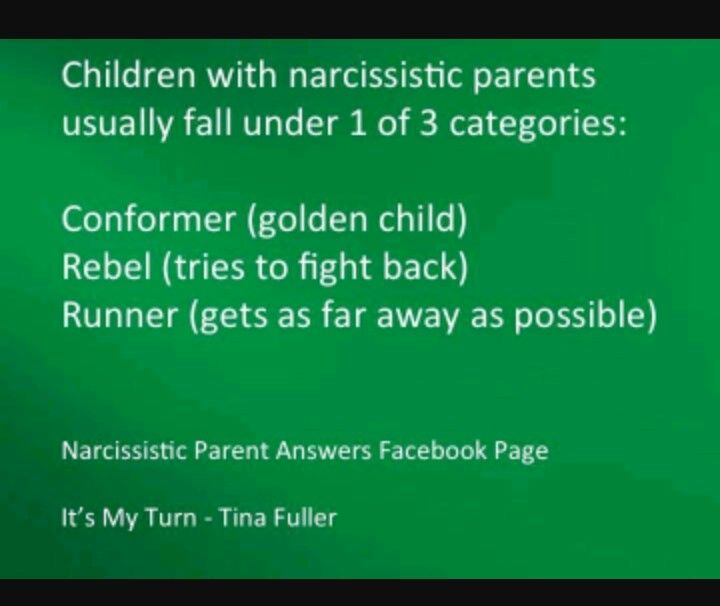 She rings the doorbell, you don't open it. She calls on the phone, you don't pick up. She speaks to you, you once again confirm the seriousness of your intentions. How she handles this situation is her problem, not yours. You are not responsible for her feelings. You can act kind and gently remind her that you will start communicating with her again when you are able to do so. nine0005
She rings the doorbell, you don't open it. She calls on the phone, you don't pick up. She speaks to you, you once again confirm the seriousness of your intentions. How she handles this situation is her problem, not yours. You are not responsible for her feelings. You can act kind and gently remind her that you will start communicating with her again when you are able to do so. nine0005
Many are taught from childhood that good girls forgive and forget offenses. We are expected to forgive everyone who offends us, because it is right. McBride emphasizes: “Forgiveness has a positive charge and helps in healing if we see that the person did not wish us harm. However, trying to deny the pain we have experienced will not do any good. Moreover, by refusing to admit that we have been harmed and to understand that a person may well do it again (intentionally or not), we put ourselves at risk. nine0005
Many misunderstand forgiveness as an excuse for the behavior that harmed us. As if nothing terrible had happened.